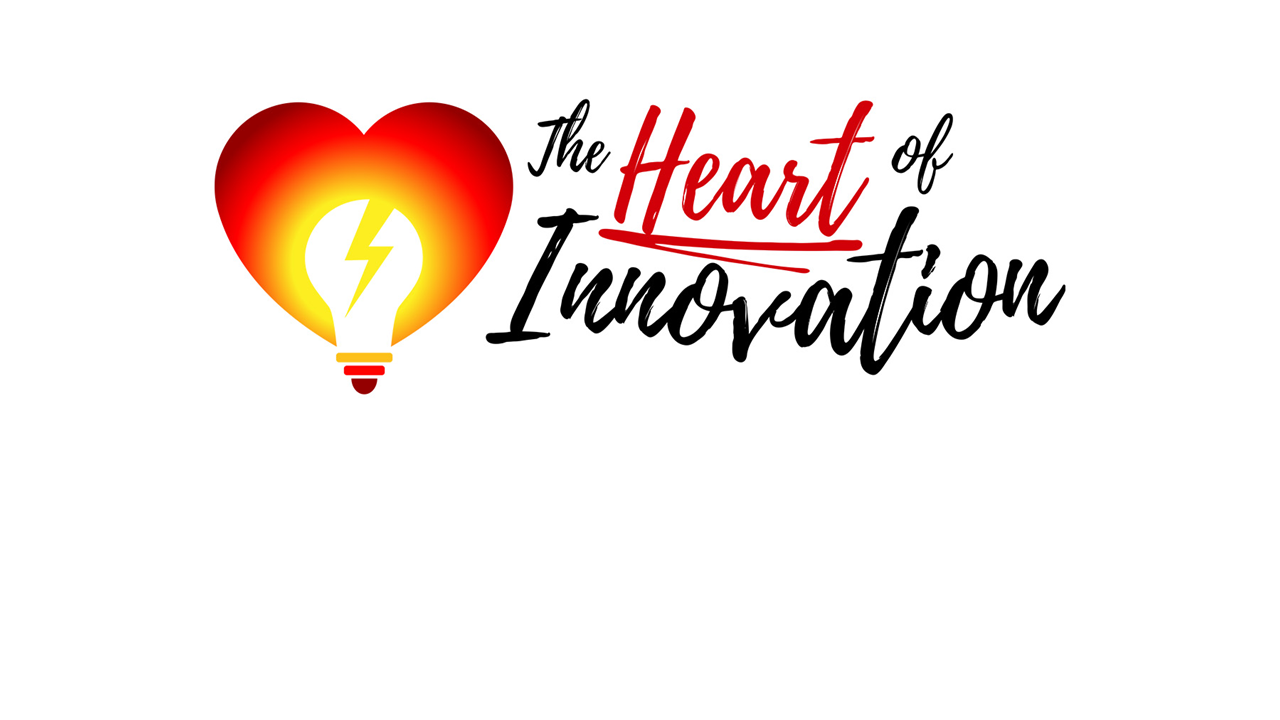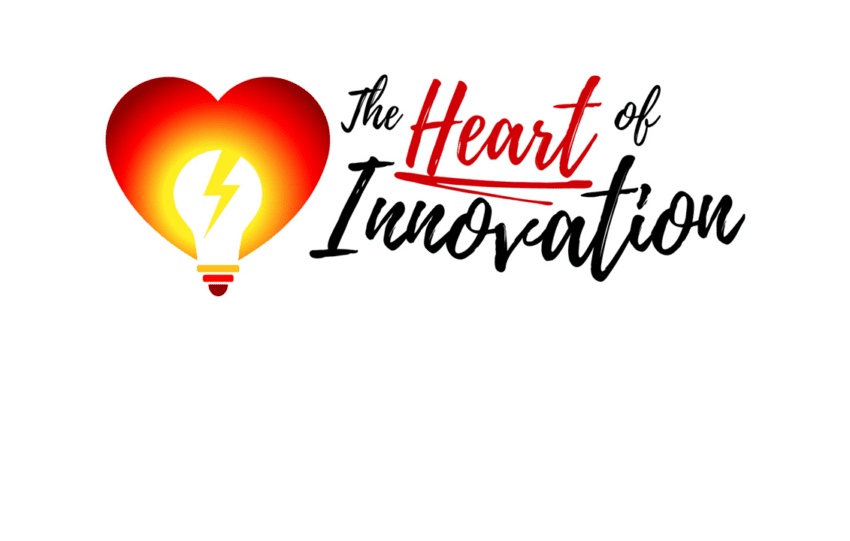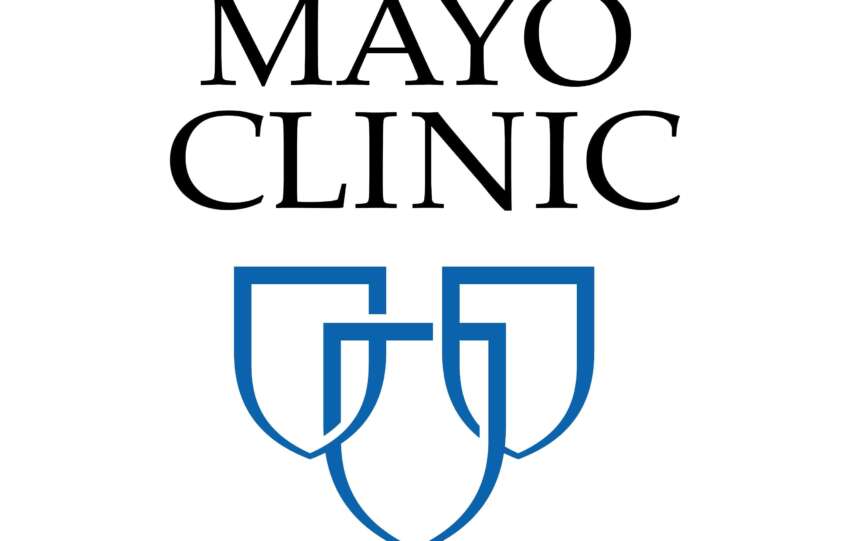The Life and Limb Saving CHAT You Must Have with Your Doctor

C.H.A.T. is an acronym for Carotids, Heart, Abdomen, and Toes. In this show, Hosts Kym McNicholas and Dr. John Phillips, along with guest co-host Nurse Practitioner Kay Smith drive home the importance of urging your doctor to perform a full head-to-toe vascular assessment during each annual exam, especially if you have high-risk factors such as family history, diabetes, autoimmune disease, celiac disease, obesity, former/current smoker, and more.
What do we mean by C.H.A.T.:
C, Carotids. The carotid arteries, located in your neck, are the major blood vessels that carry blood and oxygen to your brain. Plaque build-up can narrow those vessels. If the plaque breaks off and flows up to your brain, it can cause a stroke. Your physician will use a stethoscope to listen for a bruit (Brew-ee), which is turbulent blood flow. Follow-up testing may include a duplex ultrasound.
H, Heart. The heart plays an important role in pumping blood and nutrients, including oxygen, throughout the body. Plaque can develop in the coronary arteries and restrict blood flow, starving the heart of oxygen. This can cause chest, pain, shortness of breath, angina, or heart attack. The heart can also develop trouble with electrical signals that coordinate the heartbeat, and structural problems such as with heart valves, which keep blood flowing in the right direction. “Leaky valves,” which don’t close properly, can put a strain on the heart. Your physician will listen to your heart for abnormal sounds, and check your heart rate, pulse, blood pressure, and oxygen saturation using various tools. Follow-up testing may include an ECG, stress test, CT scan, echocardiogram, and heart catheterization.
A, Abdomen. Large arteries critical in supplying blood flow to major organs such as your kidneys, stomach, liver, spleen, bowels, and then into the legs are found in your abdomen (e.g., aorta, iliac, renal arteries). Plaque build-up in these arteries may be silent until damage to those organs occurs. Your doctor may listen with a stethoscope for abnormal sounds in the abdomen, such as turbulent flow. Your doctor may also feel for a pulsating aorta as it could signal an aneurysm, which is a balloon-like bulge in the blood vessel caused by weakening in all three layers of the vessel wall. Screening is critical because an aneurysm can grow undetected with the first symptom being a life-threatening rupture. Risk factors include heredity, age, smoking, high blood pressure, and hyperlipidemia. Follow-up testing may include an ultrasound, a CT scan, and MRA.
T, Toes. The health of arteries in your legs and feet can indicate a risk for heart attack, stroke, and amputation. If you have plaque build-up in your leg arteries, called Peripheral Artery Disease (P.A.D.), it’s likely to be happening elsewhere in your body, especially in your heart. Many patients with P.A.D. have no symptoms yet remain at high risk for bad outcomes. That is why screening is recommended in high-risk patients, especially ones with diabetes and/or a history of smoking. Your doctor may ask about leg cramps or weakness when you walk, also if you have neuropathy, numbness, or tingling. They may also examine your skin for discoloration or wounds and feel for pulses. Follow-up tests may include an Ankle-Brachial Index (ABI) Test and ultrasound.
Kym shares the story of what inspired the C.H.A.T. campaign: her mom who unexpectedly passed from an undetected aneurysm. She explains that if only her physician would’ve taken a few seconds to listen for a bruit, turbulent flow, in her abdomen upon complaints of textbook symptoms such as shortness of breath, sudden back pain, and erratic blood pressure, she might still be here today. Kym’s dad also joined the conversation to share his story about how his primary care physician missed indications he was on the verge of a heart attack and how they had to fight for his life. With proper diagnosis and appropriate treatment, he is now, at 80 years old, walking 4.5 miles daily, including hills, and putting down 30 push-ups in one breath using the Wim Hoff method.
Kym uses her dad’s story to point out that life and limb depend on the training of a primary care physician. She explains why antiquated approaches to diagnosis at that level such as a basic lipid panel are not enough to determine if a patient needs to see a cardiologist or other vascular specialist because 50% of heart attack sufferers have normal basic lipid panels. She points out the primitive nature of the stethoscope and the need for more physicians to adopt an advanced technology that doesn’t require a trained ear to detect subtle life-threatening abnormalities, such as with Eko Devices. Eko Devices makes a newer, more advanced stethoscope, which uses AI to help with the advanced detection of heart problems. She gets CEO Connor Landgraf to jump on the line for a moment to explain how this technology is a game-changer for primary care physicians who have a lot to do in a short amount of time with each patient. The Eko Stethoscope allows them to perform a deeper life-saving assessment in seconds.
Several callers also shared their experiences:
Kevin, an ironman finisher, former veterinarian, and pathologist, shared his story of how he saved his own life by self-diagnosing an aneurysm when his doctors overlooked it. He says he’s gone on to write books and a blog to inspire others to live strong.
Diana, a patient with Peripheral Artery Disease (P.A.D.), expressed concern that despite having P.A.D. and atherosclerosis in her carotid arteries, her physicians refuse to check her heart because she doesn’t have obvious symptoms of plaque build-up in the heart. Dr. Phillips chimes to say that she and others need to step-up their self-advocacy and push for even just a stress test on the treadmill if they have any risk factors. Nurse Practitioner Kay added to the conversation, sharing her experience with having an unexpected heart attack with her doctors having never checked her heart either despite having P.A.D.







